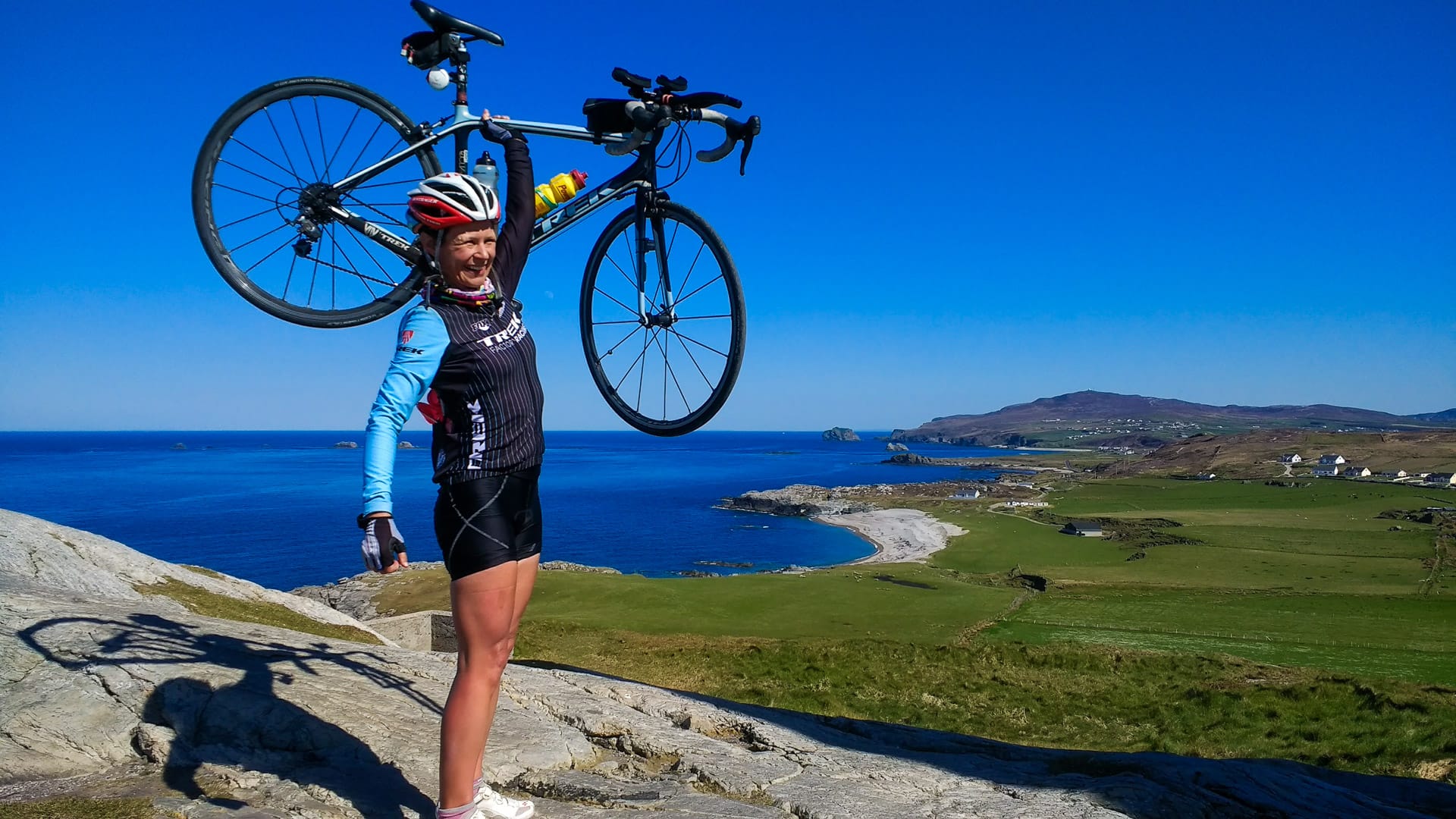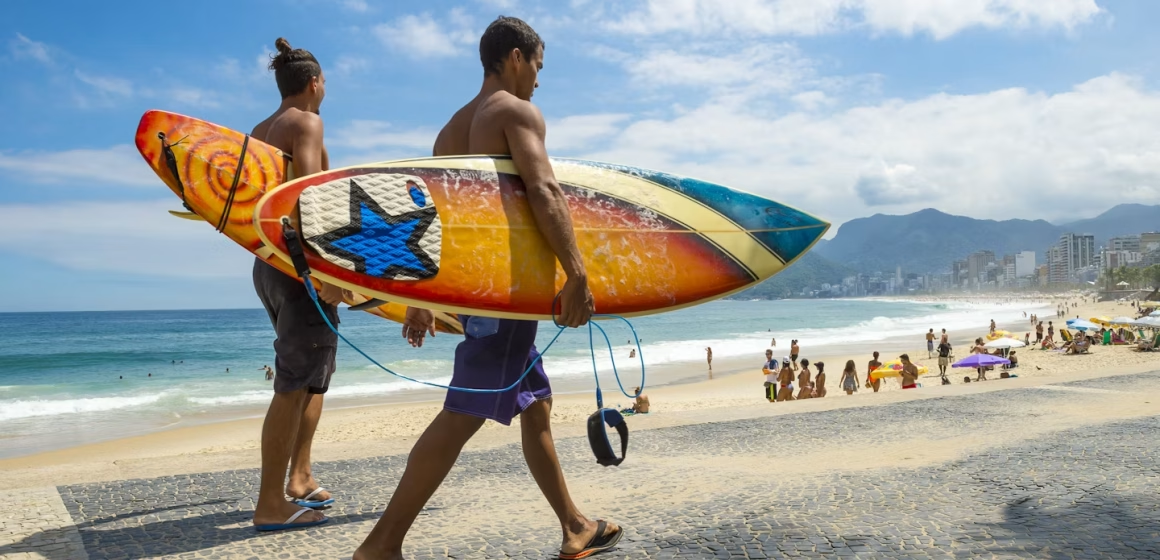In a world that often feels like it’s moving too fast, finding time to relax, reconnect, and rediscover ourselves has never been more important. One of the most powerful ways to achieve this is through travel—not just as a getaway, but as a form of meaningful recreation. Travel has the unique ability to blend leisure with learning, pleasure with purpose, and excitement with relaxation.
Whether you’re trekking through national parks, wandering ancient city streets, or lounging on a quiet beach, travel offers an opportunity to escape routine, challenge your limits, and recharge your spirit. In this post, we’ll explore the many ways travel enhances our lives, and why it’s one of the most enriching forms of recreation available.
The Rejuvenating Power of a Change in Scenery
There’s something inherently healing about leaving behind the familiar. A new destination brings fresh sights, sounds, and experiences that stimulate the senses and the mind. When you travel, your brain forms new neural connections as it processes unfamiliar environments, which can:
-
Boost creativity
-
Enhance memory
-
Improve mood
Even a short weekend escape to the countryside or a nearby city can reset your mental state, helping you return to daily life with renewed energy and a clearer perspective.
Travel as a Break from Digital Overload
We live in an age of constant connectivity. Phones, laptops, emails, and social media demand our attention 24/7. Recreation used to mean simply “free time,” but in today’s digital world, free time is often filled with more screens. Travel offers a rare opportunity to unplug.
Whether you choose a digital detox retreat or simply decide to turn off your notifications while on the road, travel lets you:
-
Focus on real-world experiences
-
Spend quality time with loved ones
-
Reconnect with yourself without distractions
Some of the best memories are made not in front of a screen, but in front of a sunset, a waterfall, or a bustling street market halfway across the globe.
Recreation Through Adventure: Feed Your Inner Explorer

For many, the idea of recreation goes hand in hand with adventure. And travel delivers that in abundance. Whether you’re climbing a mountain, diving in coral reefs, skiing down a snowy slope, or ziplining through a jungle, the adrenaline and sense of achievement that come with outdoor adventures are unparalleled.
Adventure travel not only provides physical benefits but also:
-
Builds confidence
-
Increases resilience
-
Strengthens problem-solving skills
Even trying new food in a foreign country or navigating public transportation in a place where you don’t speak the language can be an adventure in itself—one that enriches you long after the trip ends.
The Cultural Dimension of Recreational Travel
Travel allows us to step into the shoes of others, experience different ways of life, and appreciate the diversity of the world. Cultural experiences—like visiting historical landmarks, attending festivals, learning a traditional craft, or sharing meals with locals—transform simple vacations into profound educational journeys.
These encounters help travelers:
-
Expand their worldview
-
Foster empathy and understanding
-
Gain a deeper appreciation of their own culture
Recreation isn’t just about relaxing—it’s also about learning through doing, and cultural travel offers some of the richest lessons in human history, art, and connection.
Wellness and Travel: Healing Mind and Body
One of the fastest-growing trends in the travel industry is wellness tourism. This includes trips centered around physical health, mental clarity, and spiritual growth. Think yoga retreats in Bali, meditation centers in the Himalayas, or thermal spa resorts in Iceland.
These types of travel experiences offer:
-
Physical rejuvenation through healthy food, fitness, and rest
-
Mental clarity through quiet reflection and nature immersion
-
Spiritual enrichment through mindfulness, ceremonies, or simply stillness
In this context, travel becomes a form of self-care—a way to restore balance in a world that often pulls us in too many directions.
Nature as a Playground: Eco and Outdoor Travel
More travelers are seeking eco-conscious travel experiences that allow them to explore and protect the natural world. Hiking through national parks, kayaking in pristine rivers, or camping under the stars not only offer pure enjoyment but also strengthen our bond with the environment.
Nature-based recreation offers countless benefits:
-
Lower stress levels
-
Improved physical health
-
Enhanced mental focus
-
Greater appreciation for sustainability
From birdwatching in Costa Rica to glacier walks in Patagonia, nature has a unique way of inspiring awe and humility—and reminding us of our place in the world.
Travel Builds Stronger Bonds
One of the most powerful aspects of travel is its ability to bring people closer together. Shared experiences—especially those that are new, challenging, or exciting—create lasting memories and deepen relationships.
Whether you’re:
-
Traveling with family and creating lifelong traditions
-
Bonding with friends on a road trip
-
Falling in love while exploring a new country
-
Joining group tours and meeting strangers who become lifelong friends
Travel helps us form meaningful connections—both with others and with ourselves.
Budget Travel: Recreational Joy Without Breaking the Bank
A common myth is that travel has to be expensive to be meaningful. In reality, some of the most rewarding experiences come from low-budget, high-value travel.
Tips for enjoying recreational travel on a budget:
-
Explore local or regional destinations
-
Travel during off-peak seasons
-
Use public transportation or ride-sharing
-
Choose hostels, guesthouses, or camping over luxury hotels
-
Eat where the locals eat—not just where the tourists go
Backpacking through Southeast Asia, road-tripping across your home country, or exploring European cities on a rail pass—all offer incredible recreational value without a high price tag.
The Long-Term Value of Travel

Unlike material possessions that lose value over time, the value of travel increases as the memories and experiences deepen over the years. People rarely look back and say, “I wish I had worked more.” Instead, they remember the places they saw, the people they met, and the challenges they overcame on the road.
Travel teaches life skills:
-
Adaptability
-
Communication
-
Curiosity
-
Problem-solving
-
Independence
It also offers a sense of fulfillment that few other forms of recreation can match.
Conclusion: Make Travel a Priority, Not an Afterthought
In a world that constantly demands your time, energy, and attention, choosing to travel is choosing to live more fully. It’s saying yes to wonder, growth, joy, and connection. It’s a reminder that recreation isn’t a luxury—it’s a necessity.
You don’t have to cross oceans or take months off work to experience the benefits of travel. Even a short getaway can:
-
Recharge your body
-
Refresh your mind
-
Reignite your passions
So whether you’re planning your next big adventure or simply daydreaming about new places, remember: travel is more than movement. It’s a mindset. It’s medicine. And it’s one of the most powerful forms of recreation you’ll ever find.


Leave a Reply